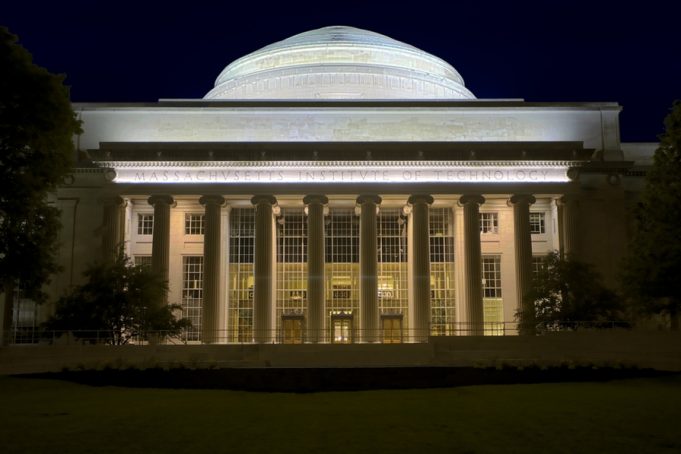Legal, Ethical, and Equity Committee for MIT Campus Planning

The global pandemic of COVID-19 has disrupted operations in the public and private sectors across the United States and many other parts of the world. Amid these unusual and uncertain times, and guided by MIT’s mission, many members of the MIT community are working on ways to safely and equitably restore MIT’s educational, research, and administrative operations.
A critical task will be reducing the risk of COVID-19 infections on campus, by identifying and acting against outbreaks while maintaining the trust and confidence of the MIT community and our broader communities. Any reliable and reasonably safe way to restore operations on MIT’s campus will require the frequent collection of multiple types of data from large numbers of people; at least some of these types of data could potentially be sensitive. Moreover, the opportunity to return to campus will be valuable for members of the MIT community. Such value must be distributed in equitable ways that minimize safety risks and avoid marginalizing members or activities that must continue to operate remotely.
Evaluating proposals for MIT operations during such unusual times requires careful and rigorous oversight from a group that represents many disciplines, experiences, and perspectives. The Legal, Ethical, and Equity Committee for MIT Campus Planning (LEE) began meeting in April 2020 to provide oversight of proposed operations, as well as guidance for colleagues in broader discussions.
The committee assesses proposed operations according to three distinct lenses: safety, privacy, and equity. Any new protocols or proposed operations must be evaluated in the context of existing laws and regulations, MIT policies, and MIT’s ethical standards and values. The LEE group has articulated a set of guiding principles, and uses this rubric to evaluate specific proposals for campus operations.
MIT campus planning efforts are focused on identifying reasonably safe, effective, and equitable operational procedures, rather than on conducting “research” per se. No aspect of campus-planning operations should be driven by individual researchers’ agendas. Moreover, given the definition of “research” in relevant federal statutes (systematic inquiry yielding generalizable knowledge), many proposed features of MIT campus planning and operations fall outside the purview of MIT’s Committee on Uses of Humans as Experimental Subjects (COUHES). The LEE committee provides oversight of campus planning and operations, working in close coordination with COUHES for those particular facets that also require COUHES review
Legal, Ethical, and Equity committee
Co-chairs
- Mark DiVincenzo: Vice President and General Counsel
- Julie Shah: Associate Dean for Social and Ethical Responsibilities of Computing (Schwarzman College of Computing; Aero/Astro; CSAIL)
- David Kaiser: Associate Dean for Social and Ethical Responsibilities of Computing (Schwarzman College of Computing; STS; Physics)
Members
- Jason Baletsa (Office of General Counsel)
- Fiona Chen (Assistant Officer on Governance, Undergraduate Association)
- Munther Dahleh (Director, IDSS)
- John Dozier (Institute Community and Equity Officer)
- Danielle Geathers (President, Undergraduate Association)
- Malick Ghachem (History)
- Caspar Hare (Philosophy)
- Timothy Jamison (Associate Provost; Chemistry)
- Michael Li (Graduate Student Council member)
- Armando Solar-Lezama (EECS & CSAIL)
- Madeleine Sutherland (President, Graduate Student Council)
- Danny Weitzner (Director, Internet Policy Research Initiative, CSAIL)
- Heather Williams (Assistant Dean, School of Science)